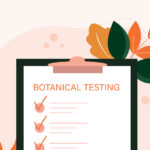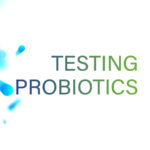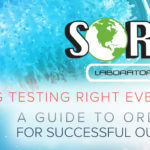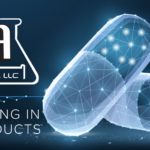Probiotic testing can be complicated. Here’s why—most of the testing methods available are for single strain raw materials. Additionally, many methods come from the manufacturer and are specific to their material. And if that didn’t create enough confusion about what testing was appropriate, the Food Chemical Codex (FCC) has also added several probiotic monographs. These monographs have procedures for identification, enumeration assays and specific Whew! So how can you decide which testing method to use—the answer lies within using a lab that is experienced in probiotics.
An experienced lab like SORA, will know that the identification portion of the FCC monograph is for nucleic acid-based identification using PCR or other genetic identification methods. The assay portion of the monograph uses various growth media and specific aerobic or anaerobic conditions for optimal growth of the probiotic strain. The specific test section will have testing recommendations for that particular strain of probiotic.
Since these procedures require specialized equipment, and specific agars and broths to perform the testing, this can be challenging due to the high growth counts of this material. Typically in a microbiology lab, the samples being tested have very low plate counts, but with probiotic material, high counts in the millions or even billions of cfu/g are expected. Lab contamination is also a concern when working with probiotics, so proper sample handling is very important to ensure that the testing environment and air quality stays clean. Because of these challenges, working with probiotics in a separate section of the lab and at separate plating times is often required to avoid microbiology contamination of other samples in the testing lab.
While finding the best assay method may be difficult when working with blended probiotic strain products, reviewing the individual strain methods and looking for overlapping testing is generally a good starting point. And, since there may not be one “ideal” method, the testing lab may need to attempt several probiotic methods and perform method development before exact testing can be determined for the specific product.
With so many challenges, it may seem daunting to make sure your product is being properly tested! However, choosing a lab that is accustomed to handling probiotic material and performing specialized testing such as SORA Labs, can take the stress out of making sure your product meets label claims—choose wisely.










